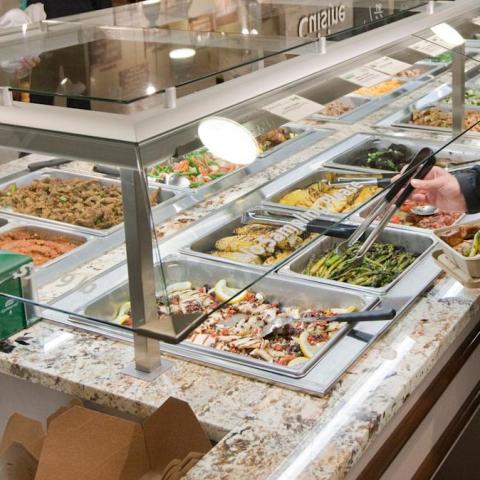In Indianapolis, Than Hre runs Chin Brothers Restaurant & Grocery. He’s worried. Over the past year, his profits plummeted from 35% to just 10%. Why? Tariffs and shipping costs have driven prices of rice and other essentials up by 40%.
This situation isn’t just Hre’s problem. The Burmese community in Indianapolis, the largest in the U.S. with around 30,000 people, faces similar issues. Tariffs on goods from Myanmar have skyrocketed to 45%. As Hre says, “It’s tough. If we raise prices, we risk losing customers.”
The challenges extend beyond economics. A travel ban has halted nearly all immigration from Myanmar. Many Burmese families can’t reunite, and students are left in limbo. Tha Zi, who owns Mommy Thai, shares her concerns. “Sometimes the Wi-Fi is down for days. It’s hard to know if my relatives are safe.” Her cousin’s hopes for college in the U.S. disappeared with the travel restrictions.
To cope, Hre has cut back on inventory. He orders by the box instead of by the pallet. Luckily, his family helps out, joking that he can pay them with more homemade Burmese food. However, even cutting costs isn’t enough.
Many Burmese arrived in the U.S. as refugees, escaping oppression and violence. The first wave came after a military coup in 1962. The largest influx occurred in the mid-2000s. Indianapolis offered affordable housing and job opportunities, making it an attractive place for new arrivals.
At Mommy Thai, Zi is also feeling the hit from rising costs. “Prices for meat and authentic noodles are soaring,” she says. She’s cut back on specialty items, but it’s challenging as many of her customers are families and students. A recent survey showed a 7% decline in restaurant spending, putting further strain on small businesses.
Siam Square, another local restaurant, feels the pressure too. Owner Ed Rudisell mentions that while the travel ban doesn’t directly target Thailand, it affects him deeply. His staff includes many Burmese workers, who now worry about their families back home. The cost of garlic has doubled for him, prompting price hikes on the menu.
The combined impact of tariffs and the travel ban has exacerbated the struggles faced by Burmese families in the U.S. It not only stunts economic growth but also limits their chances for reunification or education. As Zi puts it, “My cousin was set to attend college here. Now, she’s stuck in Myanmar.”
Rudisell reflects on the situation poignantly: “To lock it down and say nobody else is allowed to come in is absolutely inhumane.” These challenges remind us of the resilience of the Burmese community, who continue to fight for stability amidst uncertainty.
Source link












:max_bytes(150000):strip_icc():focal(861x261:863x263)/jojo-siwa-2025-billboard-women-in-music-033125-tout-5ab5144e2fbd466a912abe810a532531.jpg?w=480&resize=480,480&ssl=1)









